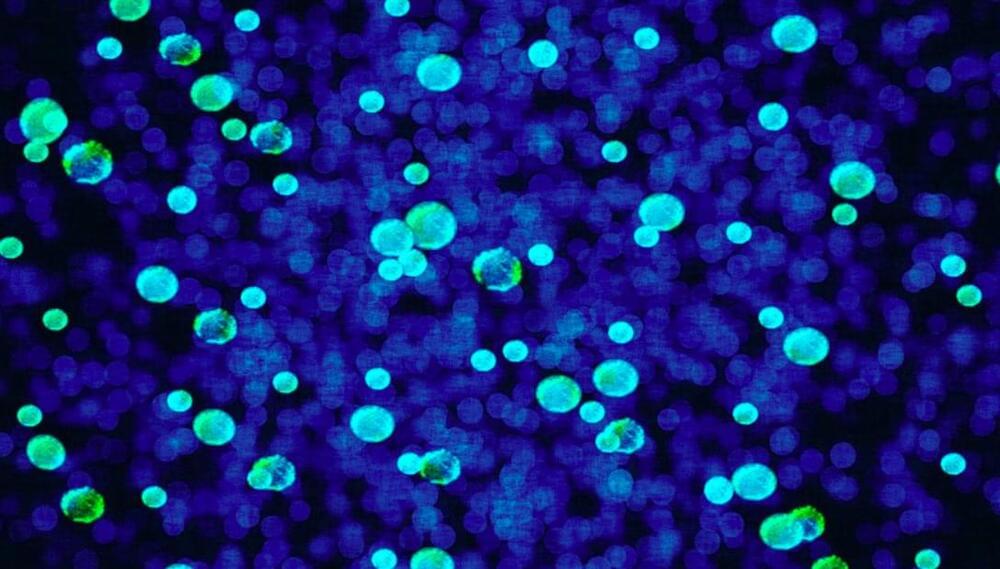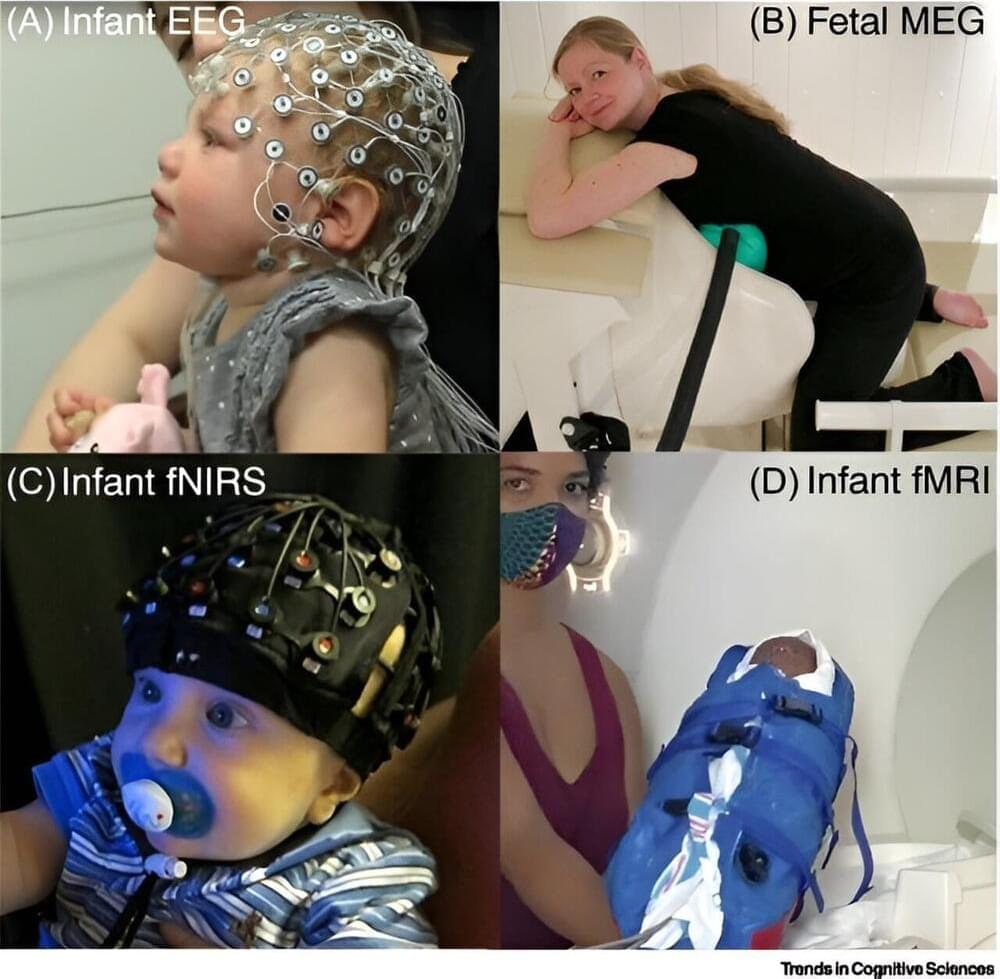The most common screening test for prostate cancer — a measure of prostate-specific antigen, or PSA, levels — so often suggests cancer where there is none that clinical guidelines no longer recommend the test for men over 70 and leave the decision up to younger patients.
Scientists at Stanford Medicine and their collaborators aim to make PSA screening more accurate — by calibrating PSA levels to each man’s genetics. Applying this type of personalization could significantly reduce overdiagnosis and better predict aggressive disease. Their research was published June 1 in Nature Medicine.
In addition to the regular blood-based PSA test, such personalized screening would require a germline genetic test, typically done on saliva, blood or cheek swab samples, to look for inherited genetic variants that affect PSA levels.







